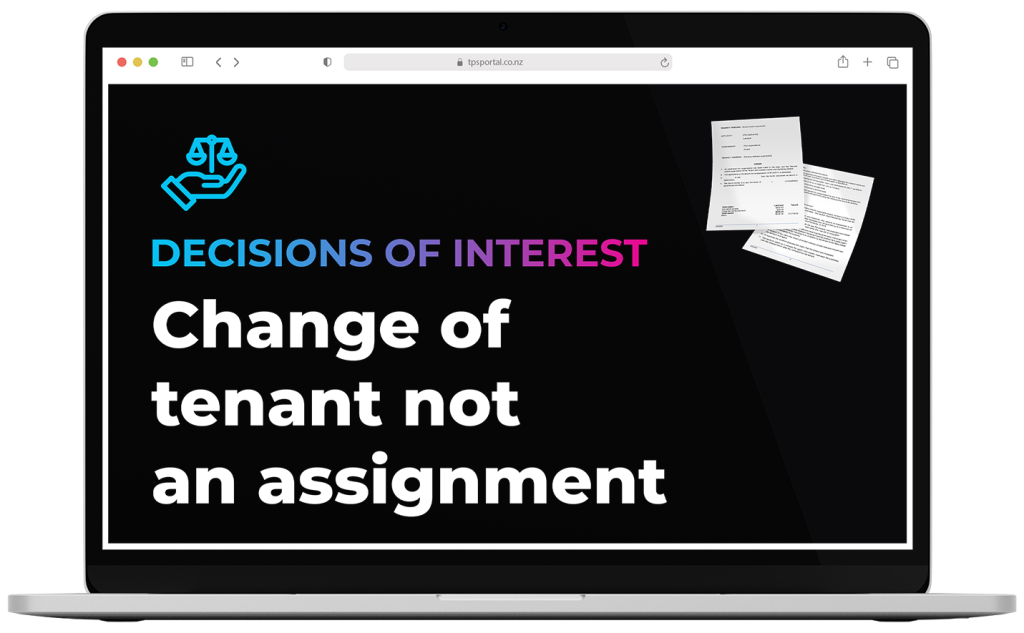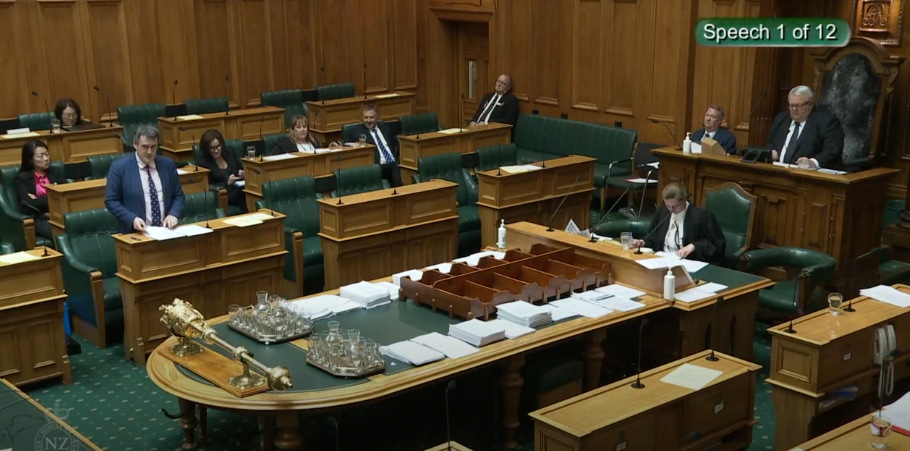
In this case, the tenant argues that any individual tenant can request an assignment of their place in the tenancy.
While the landlord insisted that all tenants must jointly request an assignment of the whole tenancy.
So, what exactly is an assignment? This Decision of Interest answers this question with some authority.
Legal Authorities:
Section 43B of the RTA covers how a tenant can assign their tenancy. It states that a tenant can only assign their tenancy with the landlord’s written consent and under reasonable conditions. Failing to get consent is considered unlawful. The landlord must respond to a request for consent within a reasonable time. If the landlord unreasonably withholds consent or imposes unreasonable conditions, it’s also unlawful. If the landlord refuses consent, they must offer reasonable terms for surrendering the tenancy instead. This section of the RTA became effective on February 11, 2021
What was the case about?
The case revolves around differing interpretations of Section 43B of the RTA. The tenant argues that any individual tenant can request an assignment of their place in the tenancy, while the landlord insisted that all tenants must jointly request an assignment of the whole tenancy. This disagreement stems from whether “a tenant” refers to any individual tenant or collectively to all tenants in the agreement.
Why is there confusion?
Section 2 of the RTA outlines that assignment means a transfer to a person of all of the rights that a tenant has under a tenancy agreement.
Tenancy Services also suggests that tenants can assign their places individually in their Assignment documents.
So, can a tenant individually assign their place in a tenancy to another party?




